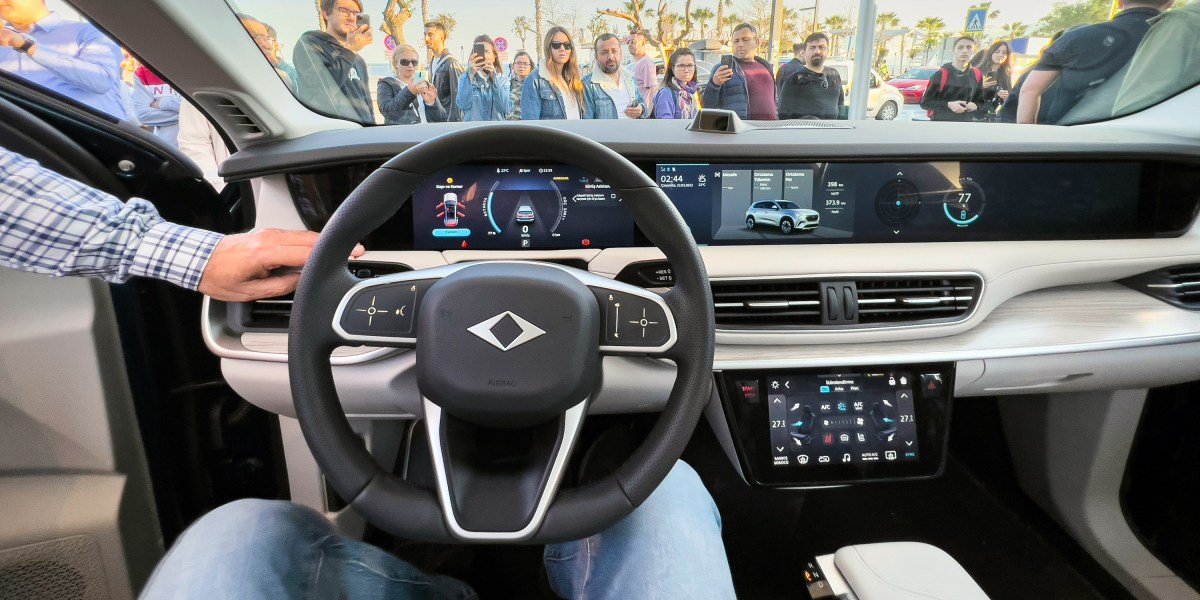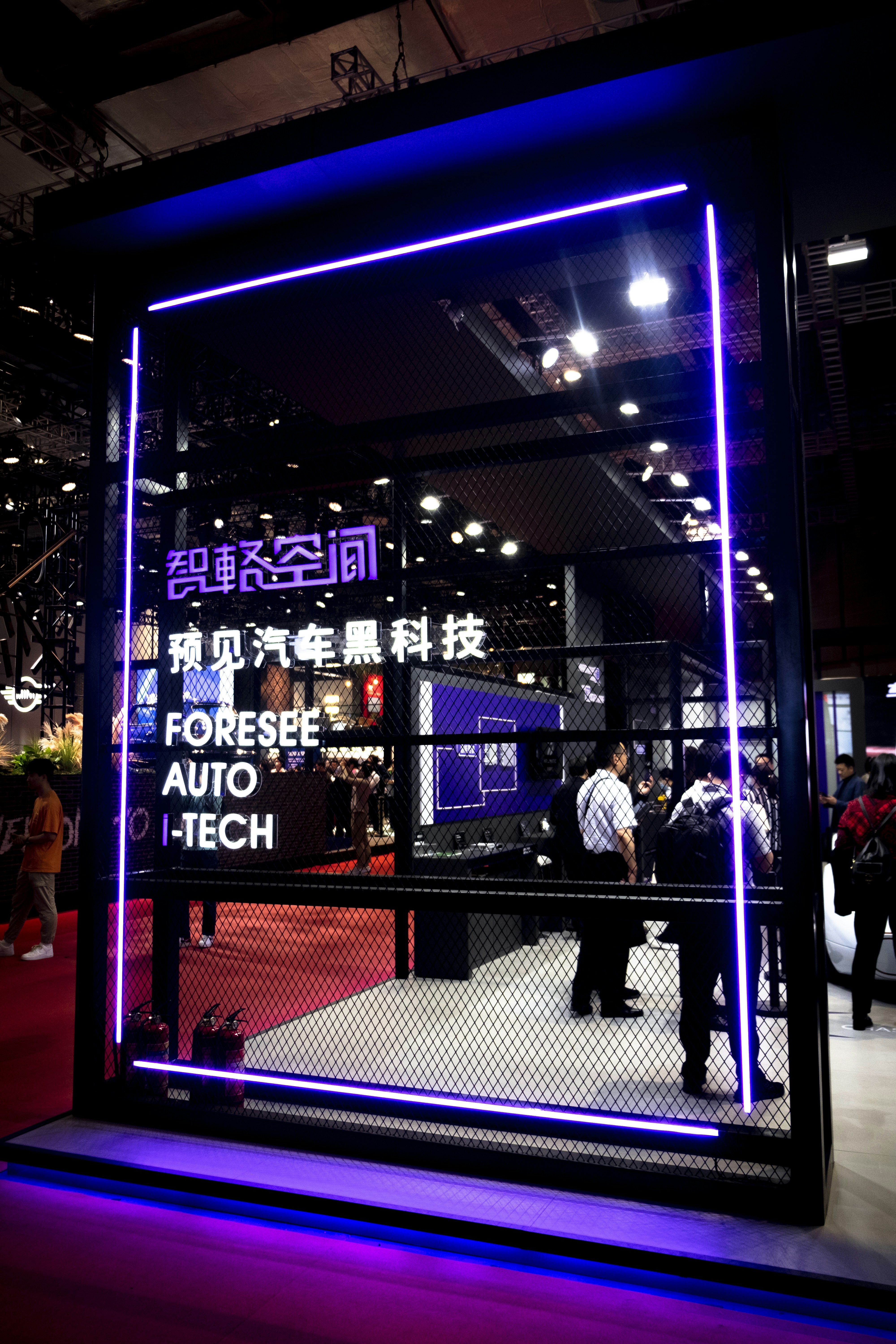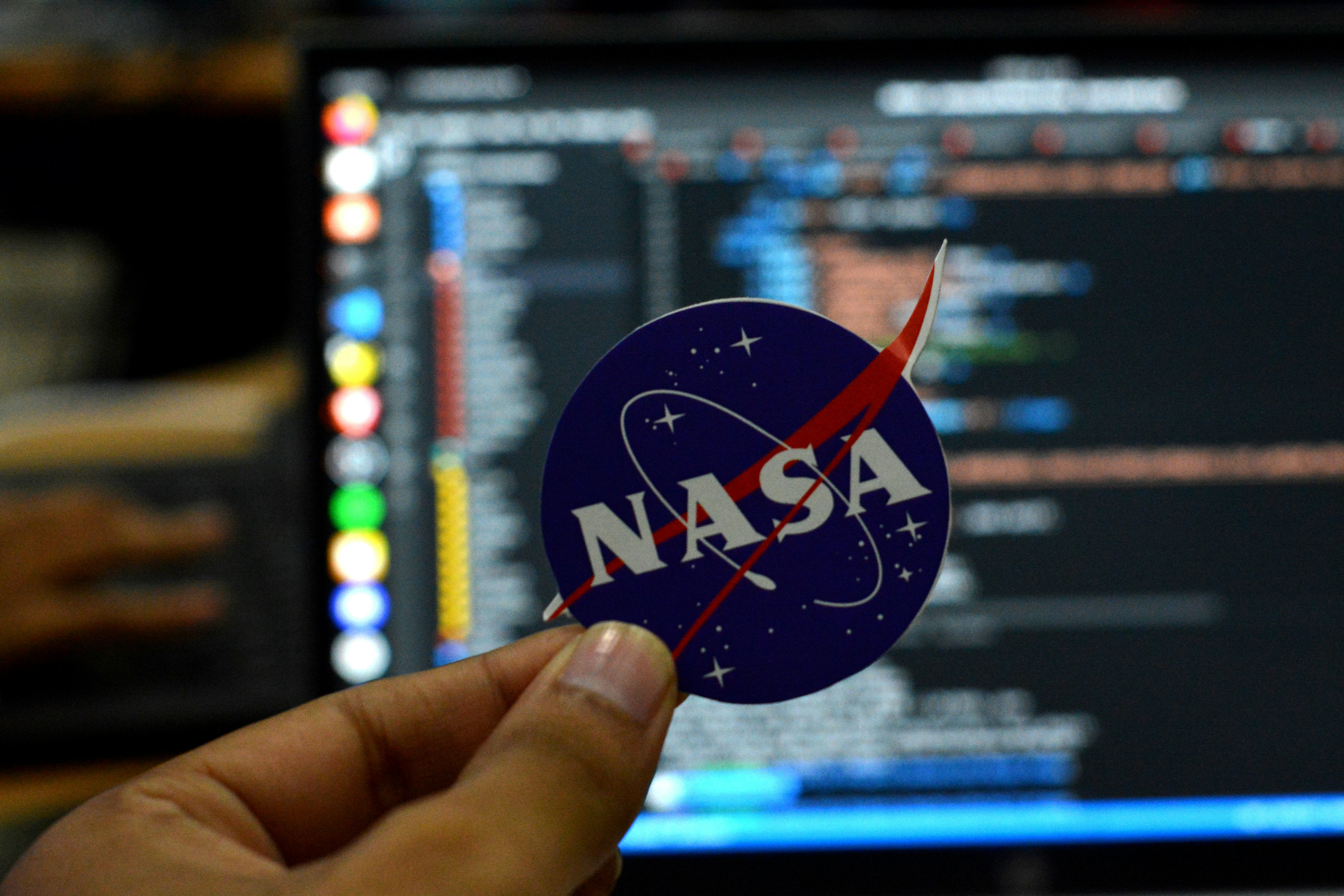
I’m at present touring in Turkey, and though I’m only a few days from beginning a trip and may very well be spending my time exterior petting the road cats of Istanbul, I’m a journalist. I can’t not take note of the tech information round me. And 2023 is definitely an enormous yr for Turkey, however not solely as a result of it’s the republic’s 100-year-anniversary, with a high-stakes election developing. On the expertise aspect of issues, that is the yr when the nation begins delivery its first home electrical automobile, a logo of future financial progress.
In 2018, 5 of Turkey’s most influential firms shaped Togg, the nation’s first electric-vehicle maker. After a number of rounds of delay, the EVs made by Togg are lastly anticipated to hit the market this yr, they usually already appear fairly fashionable: simply final week, the corporate accomplished a lottery drawing that chosen 20,000 folks to develop into the primary batch of homeowners out of practically 180,000 candidates. (The very first automotive was delivered on Monday to the Turkish president, Recep Tayyip Erdoğan, who has made Togg an essential political venture of his personal.)
After engaged on my explainer about how China constructed its world-leading EV trade, I can see lots of similarities between the trail China took and the trail Turkey is now on. Each international locations are automotive manufacturing powerhouses however aren’t glad with staying on the decrease finish of the auto provide chain. EVs provide the possibility to enter a brand new and fast-growing market, one that’s poised to disrupt the normal automotive trade and develop into a vital a part of the worldwide power transition. The distinction is that China is already a number of laps into the EV race, whereas Turkey has simply entered it.
However there are extra materials connections between the 2 international locations. Beginning an EV enterprise from scratch is tough; making batteries—crucial a part of an EV—is even tougher. That’s why Turkey isn’t going it alone and is as a substitute partnering with Farasis, one of many high Chinese language battery firms, simply behind the trade leaders like CATL, BYD, and CALB. In 2019, Togg and Farasis shaped a three way partnership named SIRO, every taking a 50% stake, to construct a battery plant in Gebze, Turkey, that may produce lithium-ion batteries to energy Togg’s electrical automobiles.
Farasis is just not the one Chinese language tech firm making its method into Turkey. In January, a Turkish newspaper reported that Alibaba is planning on investing greater than $1 billion to construct a knowledge middle and a logistics middle in Turkey. Alibaba owns Turkey’s greatest e-commerce firm, Trendyol, and its abroad procuring app AliExpress is commonly probably the most downloaded free app in Turkey’s Google Play retailer. Shein, one other essential Chinese language participant within the fast-fashion trade, has additionally began manufacturing in Turkey after producing solely in China for a decade, the Wall Avenue Journal reported in December.
It’s not shocking that these firms are selecting Turkey, contemplating that Turkey has all the time had an in depth financial relationship with China. It performs a robust position in Beijing’s Belt and Highway Initiative, and that position has solely strengthened because the begin of the Russia-Ukraine battle, which made railway logistics by Russia much less reliable.
However Turkey can be essential as a result of, sitting on the intersection of Europe and Asia, it may be an entry level for Chinese language tech firms aiming to enter the European market.
The EV trade is an effective instance of that. Chinese language battery firms have met with resistance making an attempt to make inroads within the US. For instance, when Chinese language battery big CATL entered right into a cope with Ford in February to make EV batteries in Michigan, Senator Marco Rubio instantly requested the Committee on Overseas Funding in america to evaluation the deal and in addition sought to ban EV firms from receiving tax credit in the event that they used Chinese language applied sciences.





